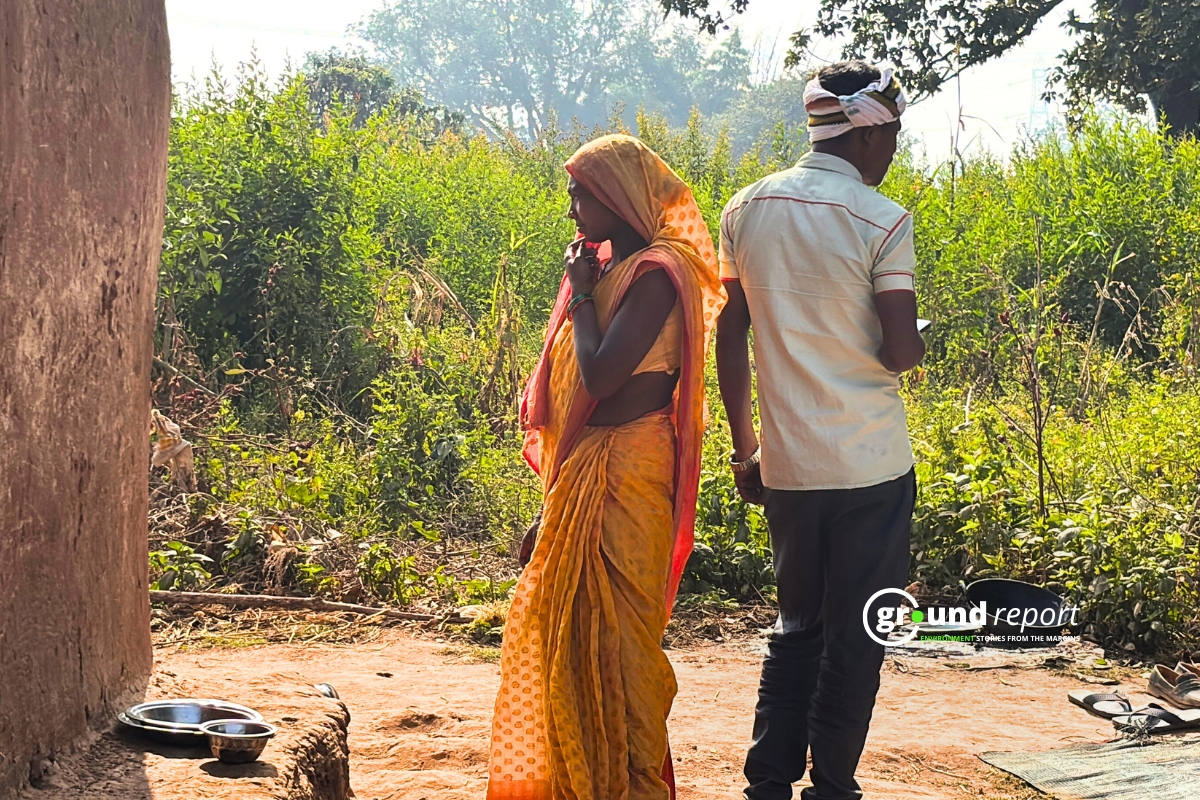The Coldrif cough syrup tragedy has exposed deep cracks in India’s drug monitoring system. The deaths of several children in Madhya Pradesh have sparked grief, anger, and protests across the country.
How It Began
In late September 2025, hospitals in Chhindwara district began reporting a sudden rise in child deaths. Investigators later found that certain batches of Coldrif cough syrup were contaminated with diethylene glycol (DEG), a toxic chemical used in industrial products.
By October 13, at least 22 children had died, most of them under five years old. The victims were mainly from the rural Parasia area, though cases also appeared in nearby districts and in Rajasthan.
Hundreds of bottles from the contaminated batch had already reached families. Authorities are now racing to recall them and warn residents.
Tests showed that some Coldrif samples contained over 46% DEG, a fatal dose. This discovery revealed major gaps in India’s drug testing system.
Currently, most checks are done only on raw materials, not on the final product.
Officials from the Madhya Pradesh Drug Control Department admitted that contamination could also happen during manufacturing or storage.
The state now plans to make testing of every finished batch mandatory. About ₹200 crore has been requested from the central government to upgrade labs and hire more staff. New testing facilities are planned for Bhopal, Indore, Jabalpur, and Gwalior.
Govt & Political Response
The Madhya Pradesh government has banned Coldrif and similar syrups.
All bottles are being recalled, and an emergency review of the drug system is underway.
The Central Drugs Standard Control Organization (CDSCO) has canceled the manufacturer’s license and launched a criminal probe. “Risk-based” inspections are also being carried out in several states.
A national debate is growing over why drug adulteration keeps recurring in India. Public pressure is mounting for tougher testing, stricter supervision, and accountability in the pharmaceutical industry.
In Chhindwara, grief runs deep. Many families spent their savings or borrowed money trying to save their children. Chief Minister Mohan Yadav has announced ₹4 lakh compensation per family, but parents say no payment can make up for their loss.
G. Ranganathan, the manufacturer of Coldrif cough syrup and owner of Srisan Pharmaceuticals, was arrested by the Special Investigation Team (SIT) in Chennai. On October 10, the SIT brought him to Chhindwara for questioning. Crowds gathered outside the Parasia police station and court, demanding his hanging. Police faced resistance but managed to escort Ranganathan safely to court. He has been remanded to 10 days of police custody for further investigation.
The arrest of Dr. Praveen Soni, a government pediatrician, has divided opinion. Doctors argue that a physician cannot detect chemical adulteration in prescribed medicines.

Led by Dr. Alpana Shukla, the Indian Medical Association (IMA) Chhindwara held a candlelight vigil for the victims and protested the arrest. They have warned of a statewide strike if Dr. Soni is not released. The question of who bears responsibility, the doctors or the manufacturers, remains unresolved.
What Lies Ahead
Authorities have recovered about 150 bottles of the contaminated syrup, but some may still be in homes. Parents remain anxious after new complaints about other medicines, including Albendazole deworming tablets. The Coldrif case has left behind more than grief.
Support us to keep independent environmental journalism alive in India.
Keep Reading
Highway Halt Puts Kashmir’s Fruit Economy at Risk
MP brings back Bhavantar as farmers lose soybean harvests
Stay connected with Ground Report for underreported environmental stories.
Follow us onX, Instagram, and Facebook; share your thoughts at greport2018@gmail.com; subscribe to our weekly newsletter for deep dives from the margins; join our WhatsApp community for real-time updates; and catch our video reports on YouTube.
Your support amplifies voices too often overlooked, thank you for being part of the movement.






